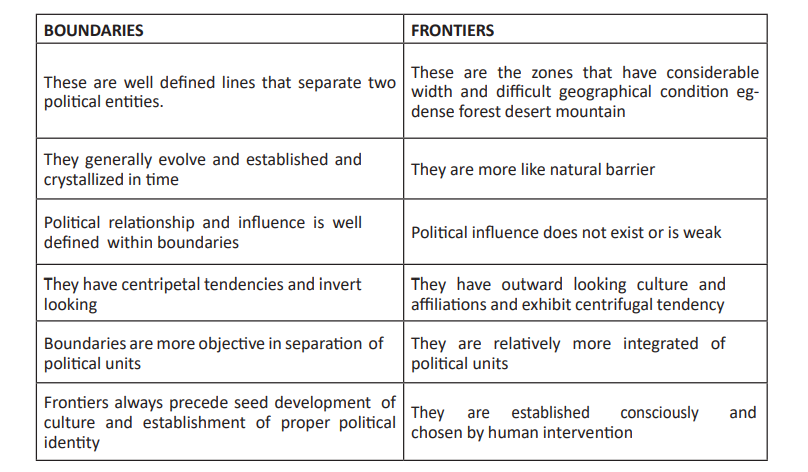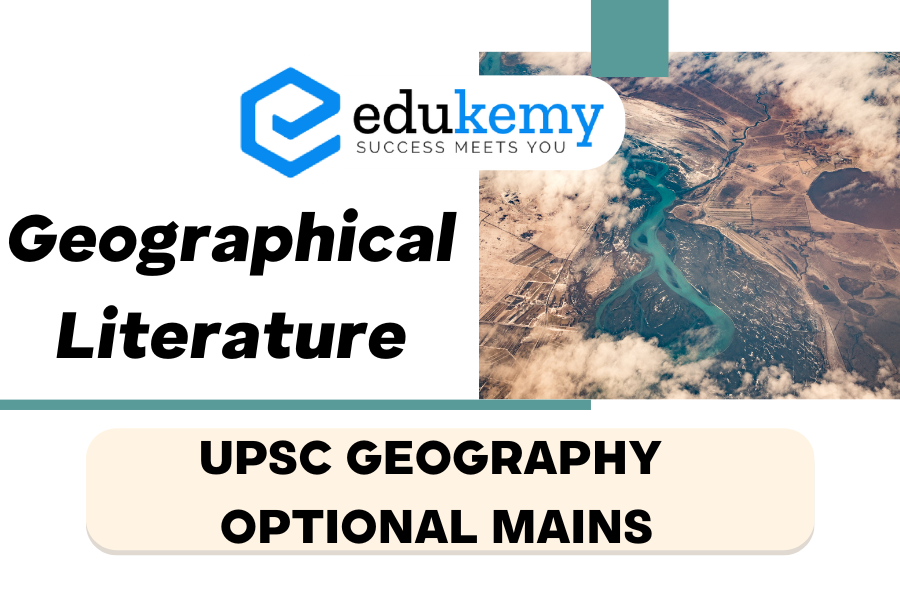
In the realm of geographical literature, the concepts of boundaries and frontiers encapsulate multifaceted meanings that extend beyond mere demarcations on maps. Boundaries traditionally connote physical lines delineating territories, often marked by political or cultural significance. Meanwhile, frontiers evoke notions of dynamic, transitional zones where exploration and interaction unfold. In the present context, the nuanced understanding of these terms reflects the evolving nature of geopolitical, environmental, and technological landscapes. Geographical literature now grapples with the complexities of interconnected global systems, virtual frontiers, and the porous nature of borders in a world shaped by unprecedented challenges and opportunities. As we navigate this contemporary terrain, the distinct meanings of boundaries and frontiers in geographical discourse become pivotal in deciphering the intricate tapestry of our interconnected and rapidly changing world.
Answer
Boundaries and frontiers are the concepts that define or explain the nature of political borders and political limits on empires and states. These concepts have evolved and their meanings have been explained in the geographical literature like organismic theory, the core-periphery theory of outward expansion of frontiers.

The different meanings of boundaries and frontiers in geographical literature are explained below:

In the present context, these distinctions remain relevant. Boundaries continue to play a crucial role in international relations, defining the limits of sovereign states and territories. Frontiers, while less common in the traditional sense, still exist in various forms, such as border regions where crossborder trade, migration, and cultural exchange occur. Additionally, the concept of frontiers has evolved to encompass new frontiers in technology, exploration, and knowledge, such as the “frontiers of
science” or the “frontier of space exploration.” These contemporary frontiers are characterized by their dynamic, expanding nature and the pursuit of new horizons.
Contents
In case you still have your doubts, contact us on 9811333901.
For UPSC Prelims Resources, Click here
For Daily Updates and Study Material:
Join our Telegram Channel – Edukemy for IAS
- 1. Learn through Videos – here
- 2. Be Exam Ready by Practicing Daily MCQs – here
- 3. Daily Newsletter – Get all your Current Affairs Covered – here
- 4. Mains Answer Writing Practice – here

